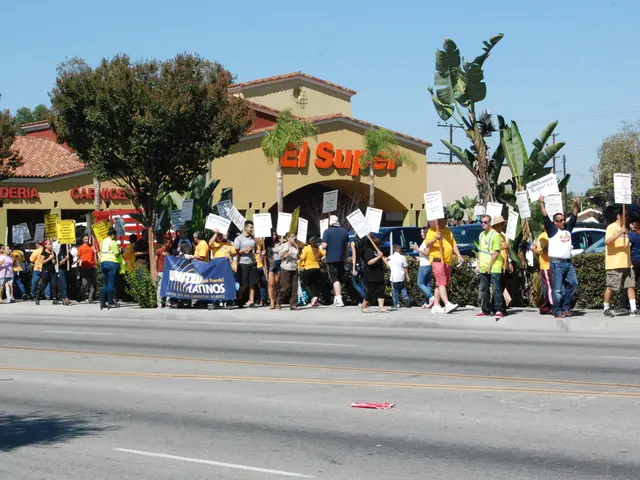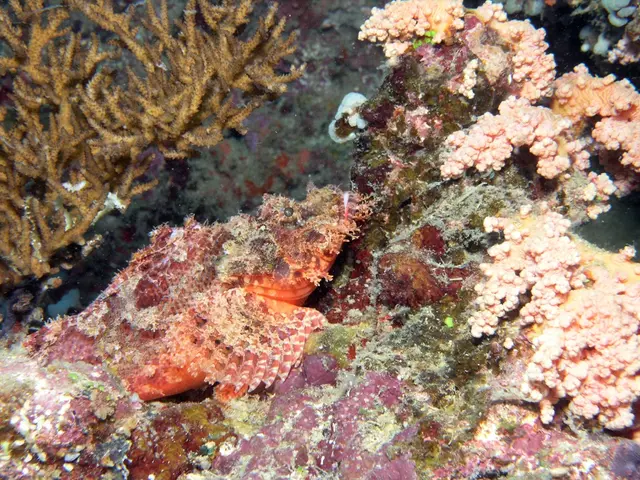BMW collaborates with Redwood Materials for the recycling of electric vehicle batteries
Redwood Materials and Automakers Team Up for Sustainable Auto Battery Recycling
In a bid to make battery production more sustainable and create a closed-loop circular value chain for lithium-ion batteries in the U.S., Redwood Materials is partnering with several major automakers. These include General Motors, LG Energy Solution, Toyota Motor Corp., Ford Motor Co., Volvo Cars, and most recently, BMW of North America.
The partnership aims to recover critical minerals like nickel, cobalt, lithium, and copper from used car batteries, and return 95% to 98% of these minerals back to the battery supply chain. Unlike fossil fuel vehicles, many of the key critical raw materials used in battery production are not consumed or lost over a battery's service life, making them ideal candidates for recycling.
Redwood Materials, founded in 2017 by Tesla co-founder and former chief technology officer J.B. Straubel, currently operates a recycling facility outside Reno, Nevada, and a second facility is under construction in Charleston, South Carolina. The future facility will be located near BMW Group's Plant Spartanburg, the automaker's largest global production facility.
The second facility's construction is part of a $2 billion conditional loan commitment from the Department of Energy, received by Redwood Materials in February 2023, to expand its battery recycling capacity in the U.S. and support the growing EV market.
The transition to electric mobility presents a tremendous opportunity to rethink how we manage the batteries that power our clean energy future. By improving the environmental footprint of lithium-ion batteries, decreasing costs, and increasing access and adoption of electric vehicles, these partnerships are a step towards a more sustainable future.
While sales of electrified vehicles, including hybrid vehicles, are growing overall, they are growing at a slower pace than some automakers had anticipated. However, with initiatives like these, the future of electric mobility looks promising.
The partnership between BMW of North America and Redwood Materials is part of a global trend to make EV batteries more sustainable. By working directly with BMW's network of nearly 700 locations in the U.S., Redwood Materials will be able to recover critical minerals from used batteries and contribute to a more sustainable circular supply chain.
A Stanford University study found that Redwood Materials' processes have a significantly smaller environmental impact, with energy reduction by 80%, CO2 emissions reduction by 70%, and water use reduction by 80% compared to conventional mining and other battery recycling processes.
The efforts are aimed at returning these critical minerals back to the battery supply chain, boosting the recycling efforts of many automakers exploring ways to make battery production more sustainable. The recycled materials can be recovered and reused to produce new batteries, furthering the goal of a closed-loop circular value chain for lithium-ion batteries in the U.S.
Read also:
- Senate Tillis under spotlight in North Carolina as IRA tax incentives remain uncertain
- projected growth for the natural acetoin market: $291.6 million by 2034
- Latest Edition of Bus-News Magazine Arrives for 2023!
- Testing the Camp Mode of the 2025 Tesla Model Y with Juniper's interior housing two kids, shockingly low CO2 levels were discovered.








